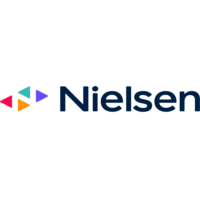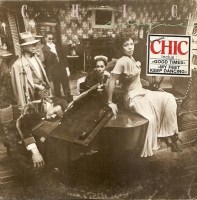
Nielsen To Extend PPM Panel Lengths
In a memo sent to client stations today, Nielsen announced that it will no longer expire PPM Panel homes at approximately 2 years. […]

In a memo sent to client stations today, Nielsen announced that it will no longer expire PPM Panel homes at approximately 2 years. […]

Today’s markets include Spring ratings for Appleton/Oshkosh, Corpus Christi, Fayetteville (NW Arkansas), Fayetteville NC, Flint, Green Bay, Lansing, Reading, Reno, Saginaw/Bay City/Midland, Shreveport, Tyler/Longview, and Youngstown/Warren. […]

RadioInsight has learned that major cuts are ongoing this week at Beasley Media Group. […]

Minnesota Public Radio AAA “The Current” 89.3 KCMP Minneapolis has announced the appointment of Amber Hoback as Music Director. […]

I found Disco’s Revenge on a plane ride this summer. If I had known about it when it was brand new last fall, it might have been a nice rejoinder to Yacht Rock: A DOCKumentary, which attracted so much reader attention around the same time. Instead, the film seemed to go from the festival circuit to the friendly skies without much press conference outside its native Canada. (Even Variety interviewed the filmmakers, but never reviewed the movie.) […]

Townsquare Media has promote Albany NY Director of Content and 107.7 WGNA Brand Manager/afternoon host Matty Jeff to Director of Country Content and Programming. […]
Copyright © 2026 | MH Magazine WordPress Theme by MH Themes